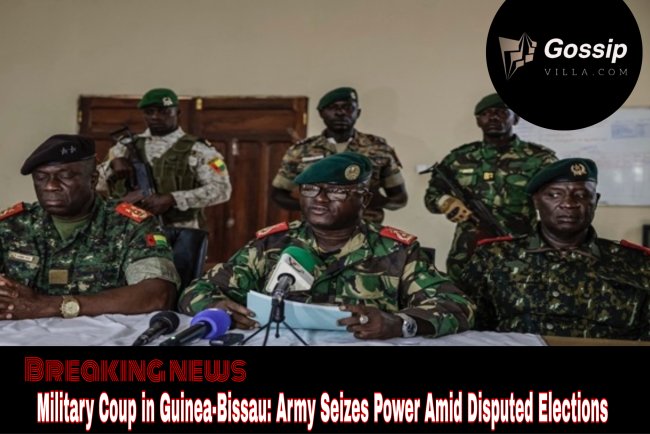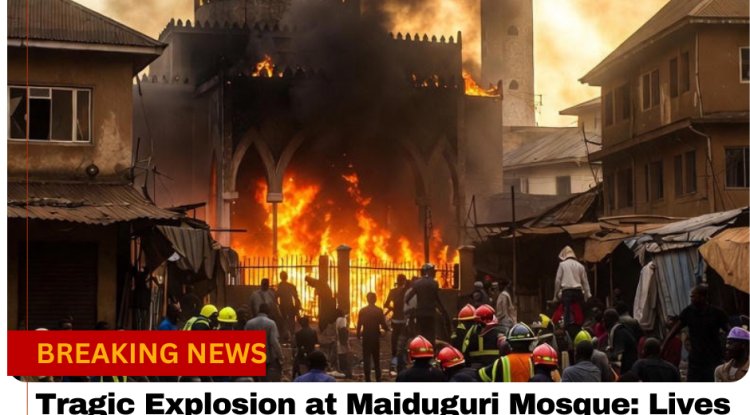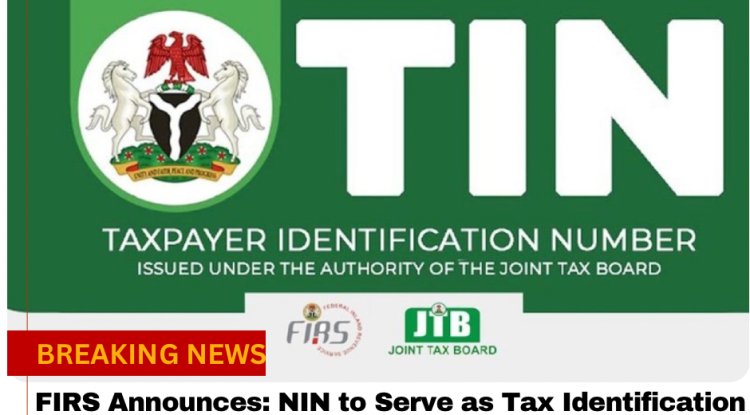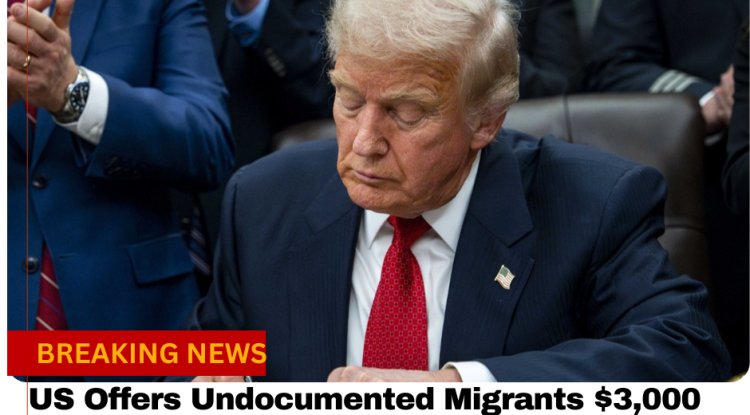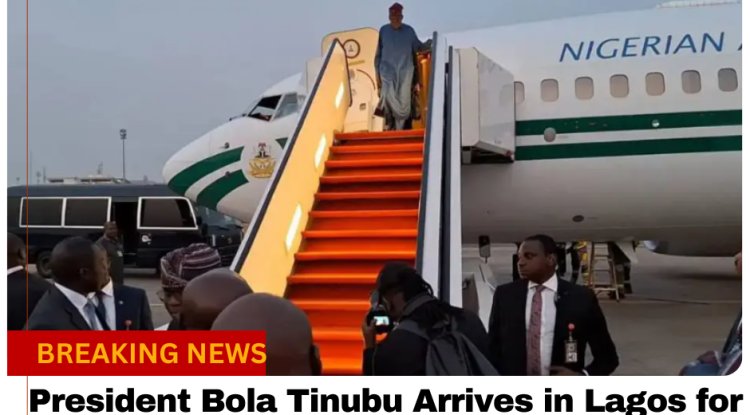U.S. Lawmakers Advocate Sanctions Against Miyetti Allah Over Alleged Religious Freedom Violations
U.S. lawmakers introduced H. Res. 860 on November 5, 2025, urging sanctions on Miyetti Allah and Fulani militias over alleged religious attacks on Christians in Nigeria’s Middle Belt.
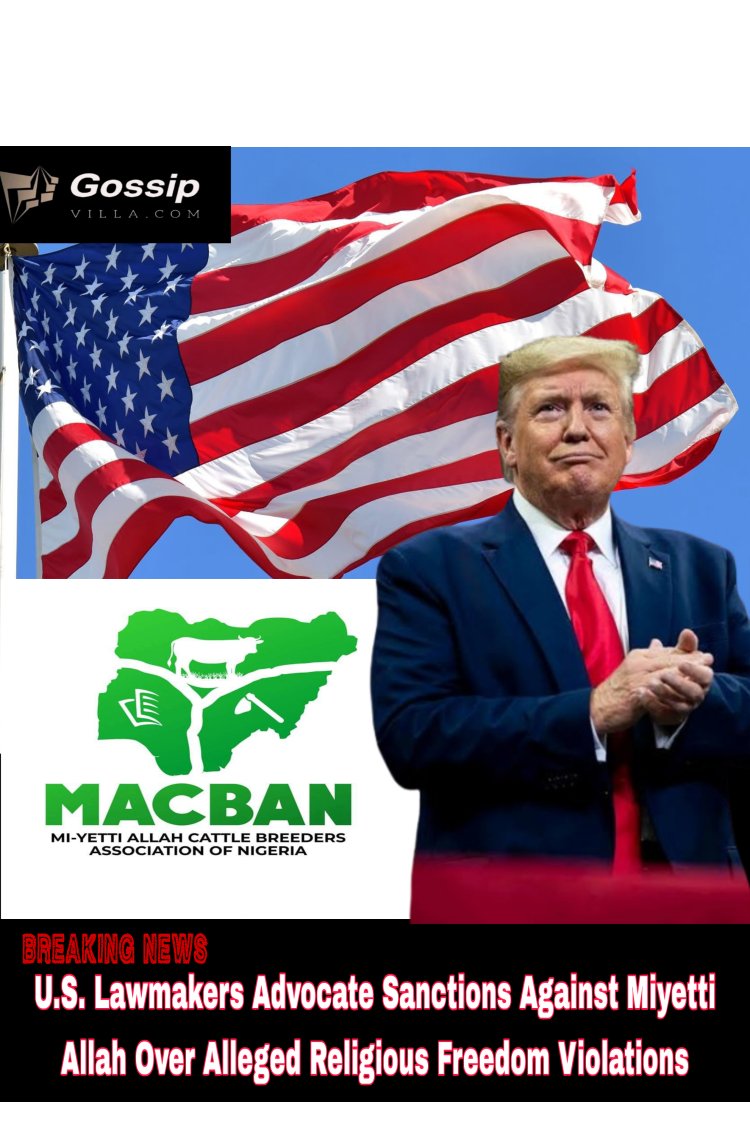
U.S. Lawmakers Advocate Sanctions Against Miyetti Allah Over Alleged Religious Freedom Violations
A coalition of United States lawmakers has formally urged the Biden administration to impose targeted sanctions on the Miyetti Allah Cattle Breeders Association of Nigeria (MACBAN), citing the organization’s alleged complicity in systematic violations of religious freedom, particularly against Christian communities in Nigeria’s Middle Belt region.
bipartisan initiative, detailed in a letter dated October 28, 2025, and addressed to Secretary of State Antony Blinken and Treasury Secretary Janet Yellen, calls for the application of measures under the International Religious Freedom Act (IRFA) of 1998 and Executive Order 13818. The proposed sanctions include asset freezes, travel bans, and visa restrictions on MACBAN leadership, including National President Baba Othman Ngelzarma.
Background to the Allegations
The lawmakers’ appeal follows a series of violent incidents in Benue and Plateau states between July and October 2025. According to the U.S. Commission on International Religious Freedom (USCIRF) 2025 Annual Report, at least 62 civilians predominantly Christians were killed, over 300 homes destroyed, and several churches desecrated during coordinated attacks by armed herder groups.
USCIRF and Human Rights Watch documented patterns suggesting religious motivation: assailants reportedly spared Muslim-owned properties in mixed communities, destroyed religious artifacts, and used anti-Christian rhetoric. Satellite imagery analyzed by independent monitors further revealed selective targeting of Christian worship centers during key religious observances.
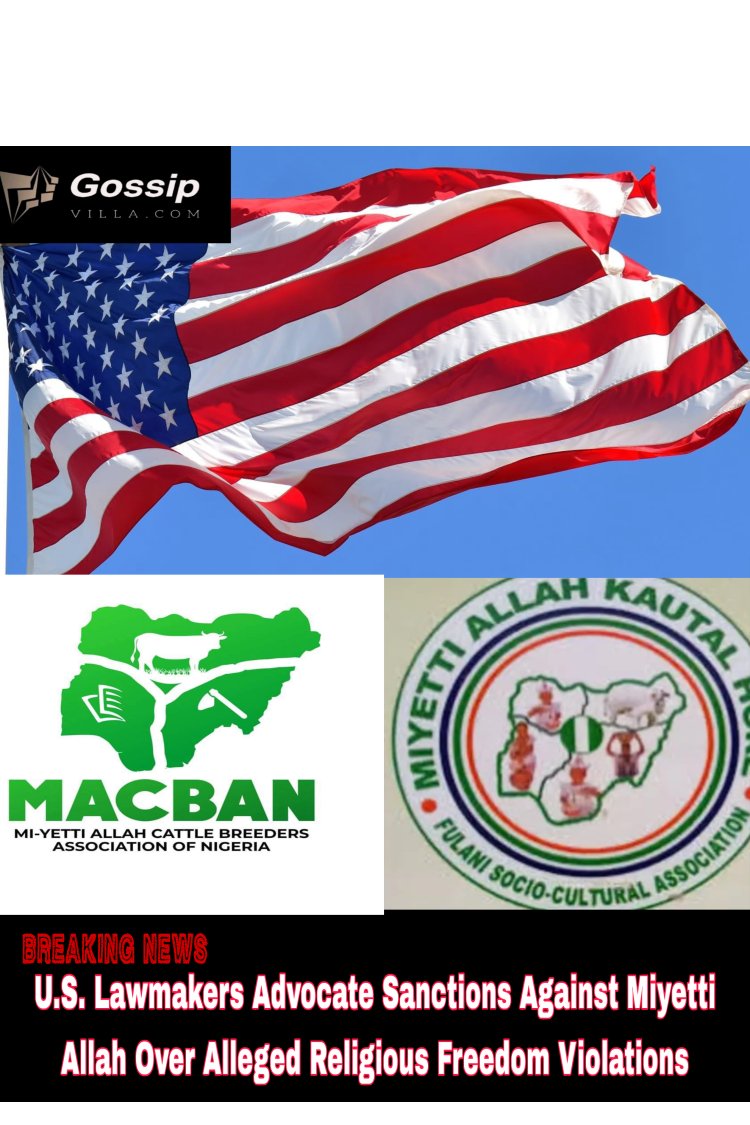
Miyetti Allah’s Position and Structure
Established in 1986, MACBAN serves as the primary advocacy body for Fulani pastoralists, representing an estimated 9–10 million members across Nigeria. The organization has consistently positioned itself as a non-violent entity focused on protecting herders’ rights, combating cattle rustling, and promoting modern livestock management practices, including ranching.
In response to the U.S. lawmakers’ letter, MACBAN issued an official statement on October 30, 2025, rejecting the allegations as “baseless and inflammatory.” The group emphasized its repeated condemnation of violence and its active participation in federal initiatives such as the National Livestock Transformation Plan. However, critics, including the Christian Association of Nigeria (CAN), argue that the organization has failed to discipline members involved in attacks or publicly disavow extremist rhetoric within its ranks.
Bipartisan Support in Congress
The letter reflects rare cross-party consensus on international religious freedom. Key signatories include:
• Rep. Jamie Raskin (D-MD) – Ranking Member, House Oversight Committee
• Rep. Chris Smith (R-NJ) – Co-Chair, Tom Lantos Human Rights Commission
• Sen. Marco Rubio (R-FL) – Ranking Member, Senate Foreign Relations Subcommittee on Africa
• Sen. Jeanne Shaheen (D-NH) – Member, Senate Foreign Relations Committee
Rep. Smith, a long-time advocate for religious liberty in Nigeria, stated during a November 1, 2025, press briefing: “Silence in the face of targeted persecution is complicity. The United States must use all available tools to hold accountable those who enable or fail to prevent such atrocities.”
Nigeria’s Official Response
The Nigerian government has expressed concern over the proposed sanctions. In a statement issued on November 3, 2025, the Ministry of Foreign Affairs affirmed that domestic security agencies are actively investigating the incidents and urged international partners to support local judicial processes rather than impose unilateral measures.
Public reactions remain deeply divided. Demonstrations in support of MACBAN were reported in Kano, Sokoto, and Abuja, while civil society groups in the Middle Belt welcomed the prospect of external pressure to curb impunity.
Potential Implications
Should the sanctions be implemented, MACBAN leaders would face restrictions on international travel and access to U.S. financial systems. Given the organization’s central role in Nigeria’s $3.2 billion livestock sector according to the African Development Bank (2024) disruptions could have broader economic consequences, including impacts on regional food security and bilateral trade.
Analysts warn that punitive measures, while symbolically significant, risk alienating moderate herder communities and complicating ongoing peacebuilding efforts under frameworks like the ECOWAS Protocol on Transhumance.
READ MORE ON HOW Trump Declares Nigeria a “Country of Particular Concern” Over Religious Freedom Violations
Path Forward
The U.S. State Department is expected to complete its review by mid-December 2025. In the interim, diplomatic channels remain open, with calls for joint fact-finding missions and strengthened support for conflict mediation programs.
This development underscores the growing internationalization of Nigeria’s herder-farmer crisis a conflict rooted in resource competition but increasingly framed through the lens of identity and faith. Sustained progress will require coordinated action: robust internal reforms, accountable leadership within affected communities, and principled international engagement that prioritizes justice without undermining sovereignty.
Sources
What's Your Reaction?








